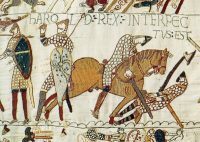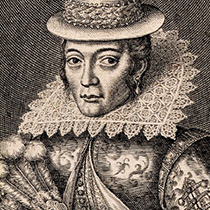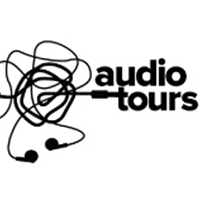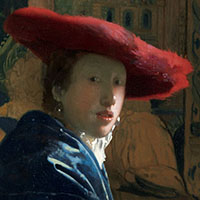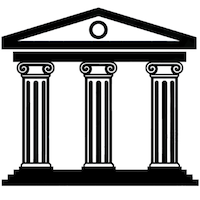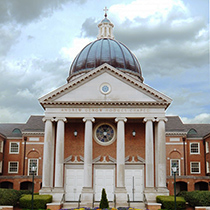EN Timelines
This project engages students from English 205 (English Literature I) and English 215 (Honors English Literature 1) with Dr. Cordelia Ross to create contextual timelines for their course to better understand events surrounding the publication of works they read. View EN Timelines

